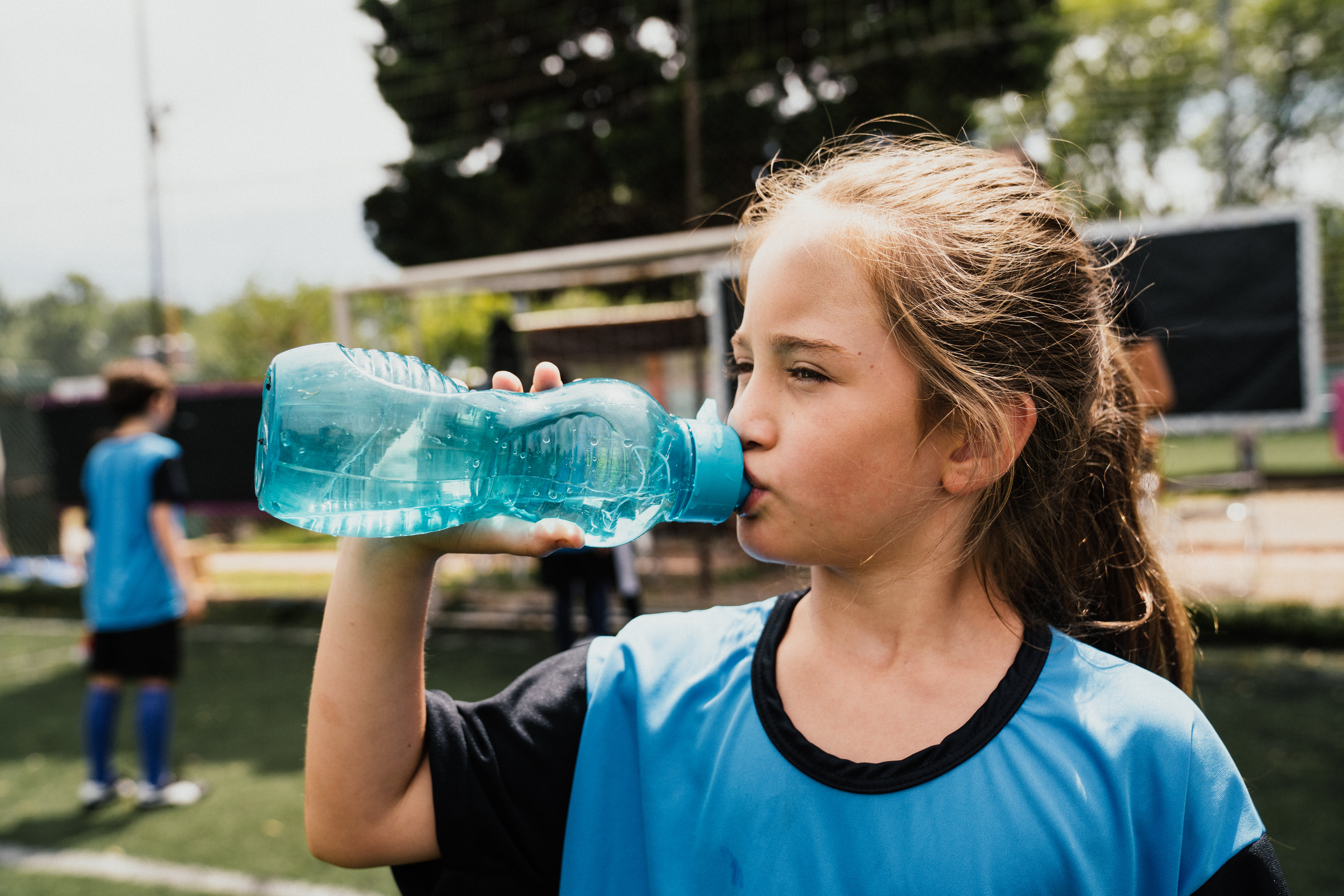
Stay safe in the summertime heat with these tips from The Baton Rouge Clinic.
Summertime is here, and with it comes that unbearable Louisiana Heat. If you’re not careful, you could be at risk for heat-related illnesses like heat exhaustion or heatstroke. Usually the result of prolonged exposure or physical activity in high temperatures, heatstroke requires immediate emergency treatment because it can quickly damage your brain, heart, kidneys and muscles. It’s important to know the symptoms of heatstroke, and how to prevent it.
Risk Factors
Anyone can get heatstroke, though some factors can increase your risk:
-
- Age Young children and older adults are more likely to develop heat strokes due to their central nervous systems. In young children, it is not fully developed, and in adults over 65, it begins to deteriorate which makes the body less able to cope with changes in the body temperature. It’s important to check on these age groups and make sure that they are staying hydrated and not overheating.
- Exertion in hot weather Participating in sports or physical exertion outside in hot weather are some instances that can lead to heat stroke. Remember to hydrate every 20 minutes.
- Medications Some medications can affect your body’s ability to respond to heat or stay hydrated. Be extra cautious in hot weather if you take antidepressants, antipsychotics, stimulants for ADD/ADHD or medications that regulate your blood pressure, rid your body of sodium or water, or narrow your blood vessels.
- Health Conditions Those that have chronic illnesses like heart or lung disease, obesity, or have a history of previous heatstroke, are at a higher risk for heatstroke.
Prevention
-
- Wear loose-fitting, lightweight clothing
- Protect yourself from sunburn Getting a sunburn affects your body’s ability to cool itself. Apply broad spectrum sunscreen with a minimum SPF of 30— every 2 hours, wear UV protective long sleeves/pants, wide-brimmed hats and sunglasses, and avoid prolonged sun exposure between 10 a.m. and 4 p.m.
- Stay hydrated Drink plenty of fluids so that you can maintain a normal body temperature and replace the water that your body will sweat.
- Never leave anyone in a parked car It’s never safe to leave anyone in a parked car in warm or hot weather, even if the windows are cracked. It is estimated that the temperature in your car can rise by 20 degrees within 10 minutes. Always double check the backseat before leaving your vehicle. On average, 37 children die each year in the US as a result of being left in a hot vehicle.
- Avoid the hottest part of the day Try to schedule exercise or physical exertion for the cooler parts of the day, like the early morning or evening.
- Be cautious If you take certain medications, or are at an increased risk for heat emergencies, avoid the heat and act quickly if you notice signs that you are overheating.
Heatstroke Symptoms
-
- 104oF fever or higher
- Rapid or shallow breathing
- Dry, red skin
- Headache
- Nausea or vomiting
- Slurred speech
- Confusion, altered mental state or behavior
- Seizures
- Weak, rapid pulse
- Unconsciousness
If you or anyone experiences these signs call 911, immediately. Remove extra clothing and move to a cool place while waiting for help. Resting in a tub filled with cool (not cold) water, or applying cool compresses to the groin, neck and armpits will help lower body temperature.